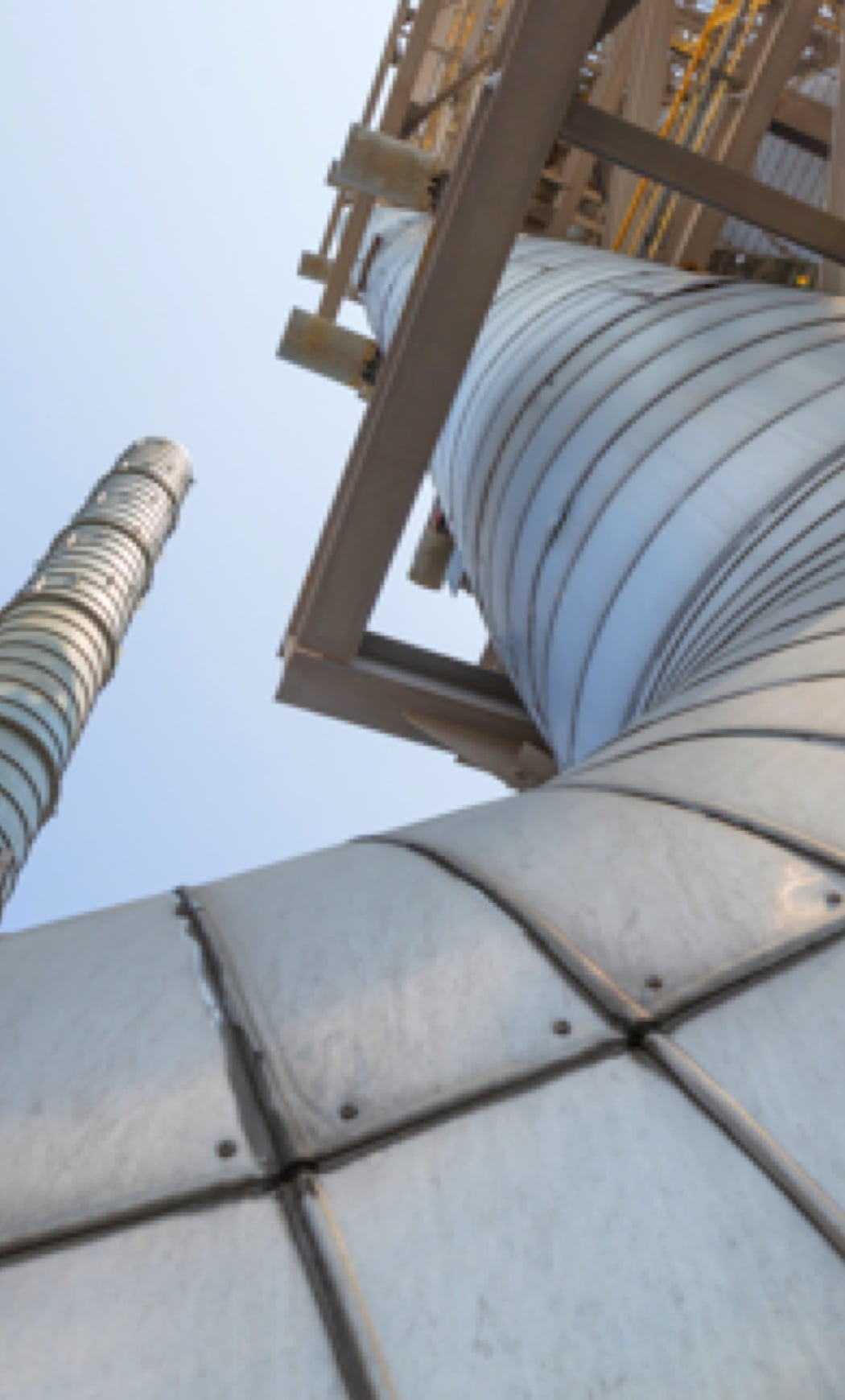What’s happening? ExxonMobil and researchers from Georgia Tech and Imperial College London are working together on membrane technology research that could reduce carbon dioxide emissions and lower the energy required during the process of refining crude oil.
The research results, published in the peer-reviewed journal Science, may allow ExxonMobil to add to its processes to improve energy efficiency and mitigate emissions.
“We went back to the basics and focused on reducing the energy required to produce the products we make,” said Ben McCool, a chemical engineer at ExxonMobil.
Why it matters: Refining crude oil today requires a lot of heat and using membranes instead could significantly reduce the energy needed during the process.
“Each of us brings specific expertise in different sciences, and together the partnership could change the game in cutting emissions,” said M.G. Finn, Professor and Chair – School of Chemistry and Biochemistry and James A. Carlos Family Chair for Pediatric Technology at Georgia Tech.
What is it? Membranes separate molecules from mixtures based on size and shape. When molecules are very close in size, that separation process becomes more challenging. This membrane allows some small molecules to pass through more easily than others and, unlike today’s energy-intensive process of heating and distillation, could enable separations to be done at lower temperatures.
The next steps: Researchers at Imperial College London are exploring the potential to scale the membrane production by demonstrating that this process can operate on refining equipment used today.
“We’ve come this far this quickly because we are pushing the science for answers to questions that are rarely asked in real-world applications,” said Andrew Livingston, a professor of chemical engineering at Imperial.

